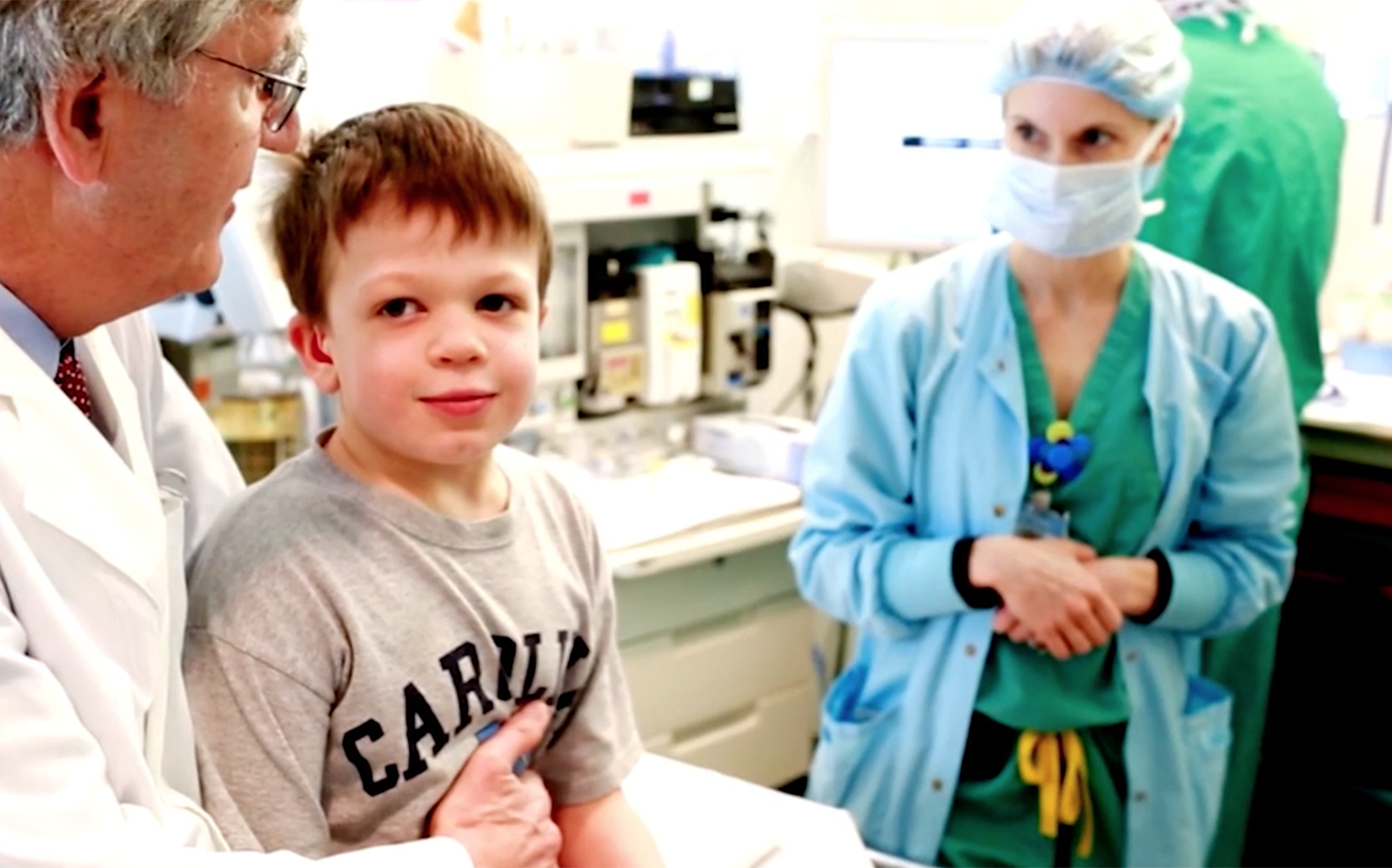Million Dollar Meds, a multimedia project on the cost of drugs for rare diseases, has won a Jack Webster award in the Science, Technology, Health and Environment category.
This project, produced in collaboration with the University of British Columbia Faculty of Pharmaceutical Sciences and the UBC School of Journalism, explores the impact of rare diseases on Canadian families and the astronomical costs for drugs, as well as what steps could be taken to control the costs, and how Canada can increase access to treatments that can save or lengthen lives.
The multimedia project introduces different voices and invites the public to explore the issues surrounding rare diseases through the eyes of medical professionals, patients, families, health economists and policymakers.
The Webster award, which honours the best journalism produced out of British Columbia, was accepted by project director Alberto Mendoza-Galina, as well as by producer Katelyn Verstraten and project supervisor Peter Klein. The content was created by Mendoza-Galina, Verstraten, Dr. Keith Rozendal and Dr. Clea Machold, all of whom began this work as their master’s projects.
“When I began working on this project… I never imagined we would win a Jack Webster Award! As a young journalist, receiving such a prestigious award inspires me to keep telling the stories that matter — something I plan on doing for the rest of my life,” said Verstraten.
The website was designed by Mendoza-Galina and Klein, with project advising from Gary Marcuse, a prominent documentary filmmaker living in Vancouver. The project also won a regional Edward R. Murrow award for small online news organization website and is nominated for a UX Vancouver award in the User Experience for Good category.
Verstraten said that, aside from award recognition, Million Dollar Meds has helped bring about policy change. “The million dollar medication I focused on (Kalydeco) was not accessible to British Columbians when we started the project in 2014. Today it’s fully funded and saving lives. Our work really can make a difference.”
The project was funded primarily through a grant from the Canadian Institutes of Health Research, led by Dr. Larry Lynd, a health and drug policy scholar at UBC. Dr. Lynd provided expert guidance on the journalism project.
“This is exactly the kind of project the Global Reporting Centre was created to tackle — a complex issue without clear answers, that has received spotty news coverage and deserves a deep dive by scholars and journalists,” said Klein, who also serves as Executive Director of the centre. The GRC is fundraising to expand the project to report on rare diseases and drugs globally.

